Beginnings and Endings (1)
May 19, 2014
Helen’s last post has combined with a research paper given last week in our research seminar to make me think about beginnings and endings in Greek literature: appropriately enough, since the questions is in part ‘when to stop?’, I shall post about this in two parts. If epic means ‘a long poem about history’, this …
#CA14: The greenshirts’ perspective
May 14, 2014
Clare Davis (Nottingham undergraduate) reminisces about helping out at the Classical Association conference in April. As the first delegates arrived for registration on Sunday afternoon, I don’t think many of the student helpers – myself included – were entirely sure what to expect from the next few days, but we quickly noticed the overwhelming friendliness of …
(Ancient) Advice Column 2: Exam Season
May 12, 2014
Esther Eidinow is back, this time with strategies to help with exams. The response to the first Ancient Advice Column has been overwhelming: we’re pleased to say that the wisdom of the ancients appears still to be highly valued. I’m afraid it hasn’t been possible to write back to everyone individually, so I (and I …
Coin for Constantinople
May 11, 2014
Another anniversary from Will Leveritt. One thousand, six hundred and eighty four years ago today, on the 11th of May 330 the emperor Constantine dedicated the city of Constantinople. The obverse of the coin shows the emperor Constantine. The legend reads IMP CONSTANTINUS AVG. The reverse shows the Sun wearing a rayed crown, holding a …
The joy of starting at the end
May 8, 2014
Why are endings a good place to start when studying stories? I am just coming to the end of my third year special subject, Epic Endings. We started with the end of the Aeneid (Aeneas plunges his sword into Turnus and symbolically founds Rome – the Latin word condere means both ‘plunge’ and ‘found’) and …
The emperors resign!
May 1, 2014
Today’s anniversary by Will Leveritt. 1709 years ago today, on the first of May A.D. 305, the joint emperors Diocletian and Maximian took the incredible decision to resign the imperial power, the former at Nicomedia, the latter at Milan. This coin is an antoninianus, and on the obverse shows Maximian wearing the radiate crown. The legend …
CA report: Legacies of Greek Political Thought in America
April 28, 2014
CA conference: Legacies of Greek Political Thought in America Nottingham PhD student John Bloxham reports on a panel at the recent CA conference in Nottingham. For a postgraduate student, of a nervous temper, being asked to convene a panel was cause for a little anxiety. But with the panel taking place at the …
Happy birthday Marcus Aurelius!
April 26, 2014
In a new occasional series, Nottingham PhD student Will Leveritt posts his own photos of coins to reflect on significant anniversaries. 1893 years ago today, on the 26th of April A.D. 121, the Stoic philosopher and Roman emperor Marcus Aurelius was born in Rome. On the obverse of the coin we see the laureate head …
Roman noses
April 25, 2014
Mark Bradley sniffs out the significance of noses for Romans and others. Go back a hundred years or so, and well-to-do men and women in Berlin could be very conscious about their nose-shape. Anyone who had a potato nose, saddle nose or duckbill nose, or one that was wide, pointy, long, hook or slant had good …
Thinking about Thinking about Ancient Religion
April 12, 2014
In July 2013, the Ancient Religions and Cognition (ARCog) project held its first workshop. Esther Eidinow tells us how, over the course of two days, participants explored the theme of religious authority, using cognitive theorizing to think about ancient evidence, and vice versa. You can find out more about the project and the workshop, and …

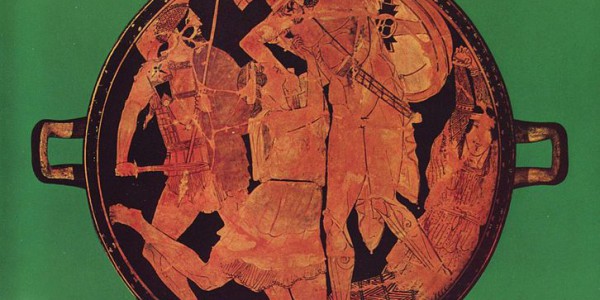

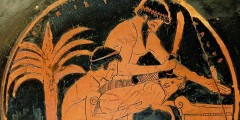
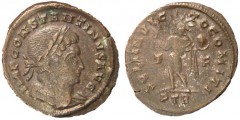

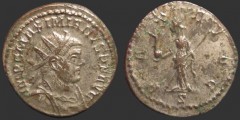
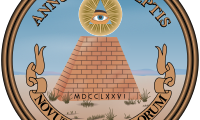
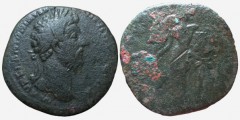

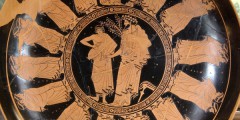
Recent Comments